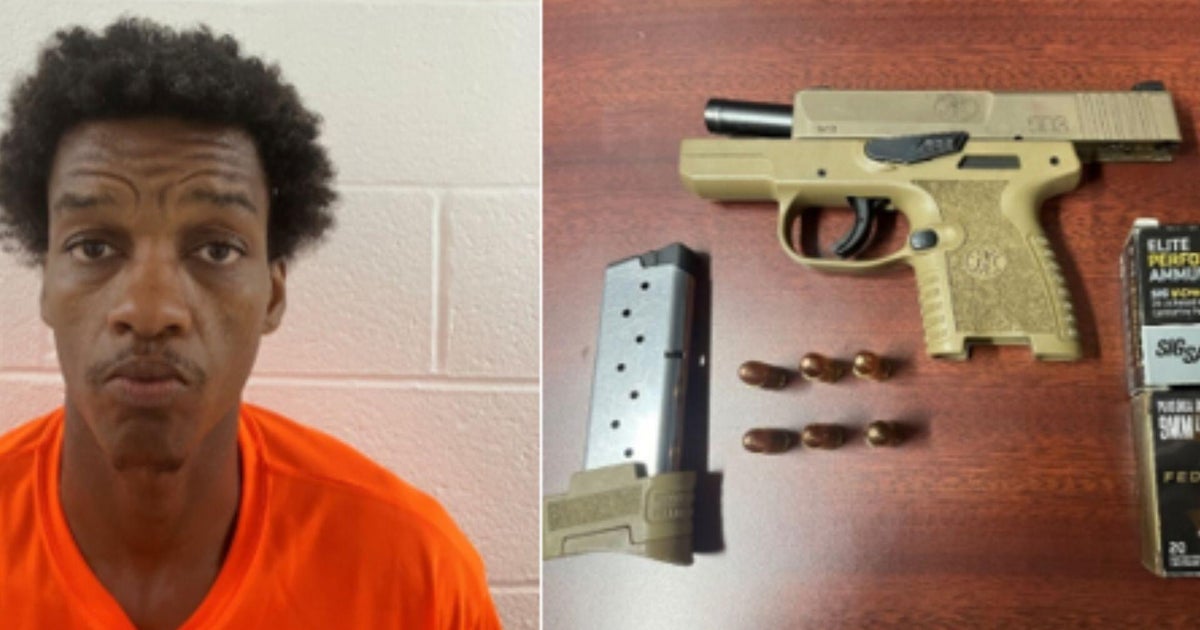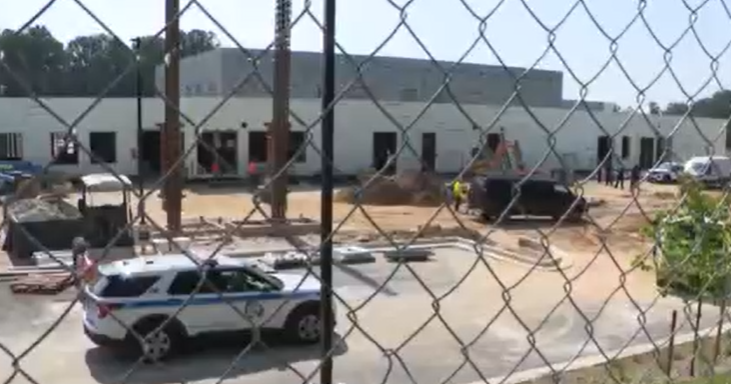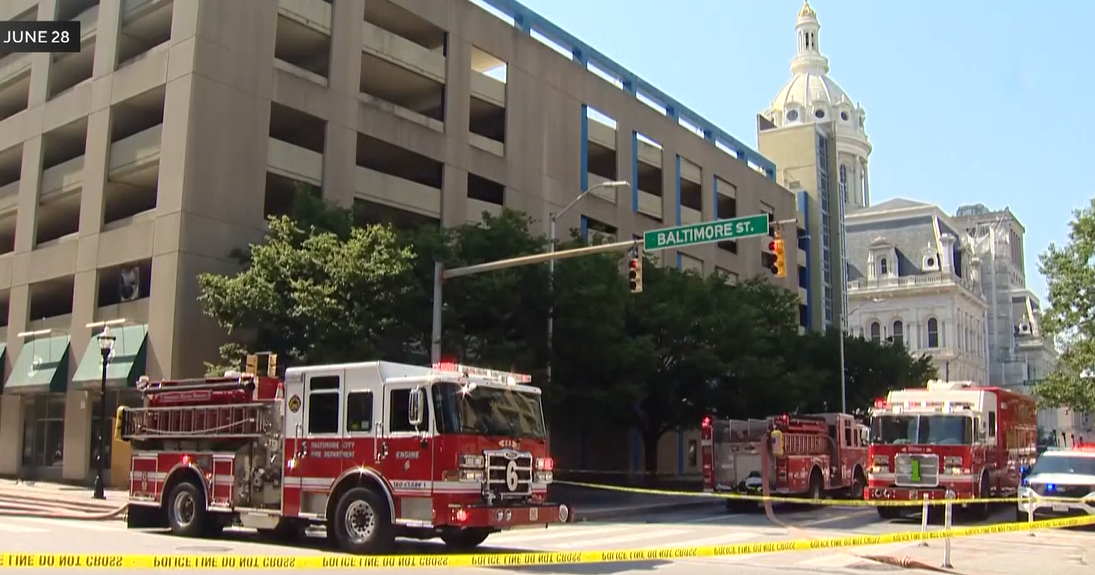5 arrested on drug charges near scene of Baltimore mass overdose
Five people were arrested on drug charges near the scene of a mass overdose in Baltimore that sent at least 27 people to the hospital on July 10, according to police.
The suspects were charged with drug possession with intent to distribute on July 13, though it's unclear if the arrests were connected to the mass overdose, according to Baltimore police.
Arrests after Baltimore mass overdose
Baltimore Police said the five people were arrested in the 1700 block of North Carey Street. They did not identify what drugs the suspects had in their possession.
The mass overdose in the intersection of Pennsylvania and North Avenues left seven people in critical condition and several others in serious condition. No deaths were reported, according to Fire officials.
Officials have not yet confirmed the source of the drug overdose. However, witnesses at the scene told WJZ it involved a drug called "New Jack City," which allegedly was laced with antifreeze. The incident is still under investigation.
Following the overdose, Baltimore Police Deputy Commissioner Kevin Jones said the area was treated as an active crime scene, with officers interviewing witnesses and reviewing camera footage.
"BPD remains focused on addressing open-air drug markets across the city, which has led to an increase in both felony and misdemeanor drug arrests this year," the department said in a statement. "Our Group Violence Unit (GVU) and District Action Teams (DAT) continue targeted enforcement based on priorities identified through the violence review processes, community complaints and major case investigations."
According to Baltimore Mayor Brandon Scott, officials also checked nearly 177 vacant properties in the area as part of the investigation.
Overdose Prevention efforts in Penn North
The mass overdose prompted a surge of resources from community partners aimed at preventing overdose incidents.
Personnel from the city Office of Overdose Response were in the area for several days after the incident, passing out Narcan and test strips. They also informed residents about public health resources and encouraged those using drugs to do so carefully.
Johns Hopkins health policy expert, Dr. Joshua Sharfstein, called the tools a first step and emphasized that peer supervisors can also make a big difference in helping people access life-saving treatment.
"It can get better, and so many people are living proof of that," he said.
Peer supervisors are available at the Enoch Pratt Library, Pennsylvania Avenue Branch on weekdays during business hours. Baltimore residents can also call the 988 helpline to speak with a counselor or find treatment.




